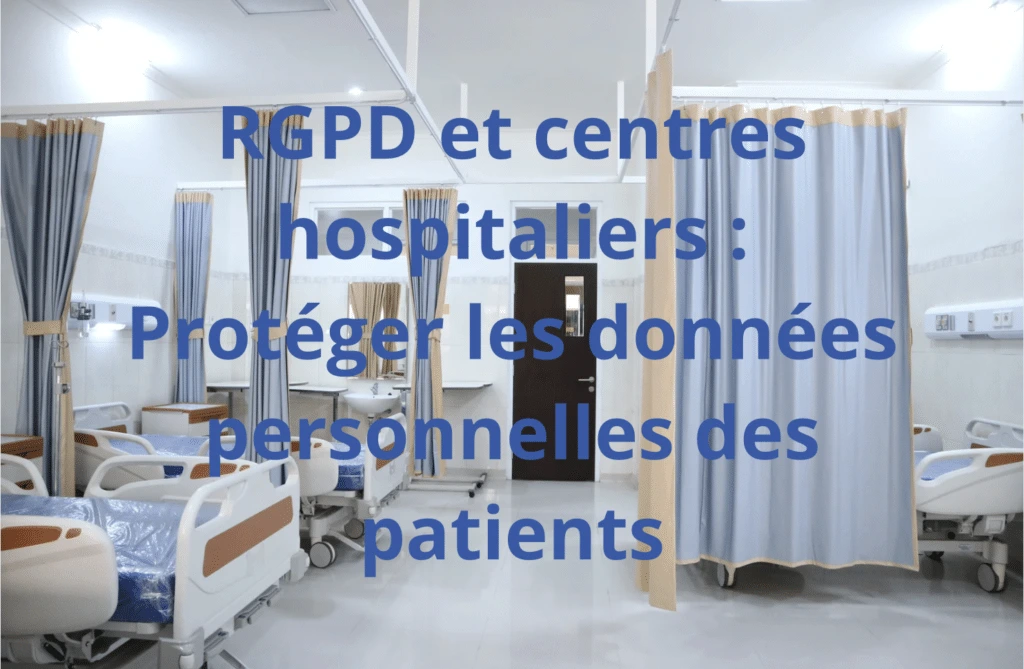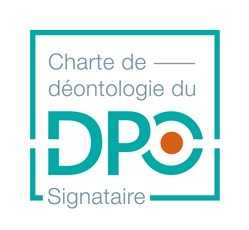GDPR and hospitals: Protecting patients’ personal data
Since the entry into force of the General Data Protection Regulation (GDPR) in May 2018, the protection of personal data has become a major priority for organizations worldwide, including hospitals. As institutions handling sensitive health data, hospitals are required to adhere to the strict principles of the GDPR to ensure the confidentiality and security of patients’ personal information.
The importance of GDPR for hospitals
The GDPR introduced strict standards for personal data protection, especially in the healthcare sector. Hospitals face specific challenges regarding data confidentiality and must adopt measures to comply with these legal requirements. GDPR compliance is essential for several reasons:
- Patient data protection: The GDPR aims to protect individuals’ personal data, including health information. Hospitals are required to implement robust security measures to prevent data breaches and ensure the confidentiality of patients’ medical information.
- Building trust: GDPR compliance strengthens patients’ trust in hospitals. By ensuring the protection of their personal data, healthcare institutions demonstrate their commitment to privacy and patient security.
- Avoiding legal penalties: Non-compliance with the GDPR can result in significant financial penalties for hospitals. It is therefore essential to meet GDPR requirements to avoid such legal consequences.
Specific implications of GDPR for hospitals
Hospitals process sensitive health data, which requires special attention in terms of personal data protection. The GDPR imposes the following obligations on hospitals:
- Informed consent: Hospitals must obtain patients’ informed consent to collect and process their health data. Patients must be fully informed about how their data will be used and give their consent freely and knowingly.
- Data security: Hospitals must implement appropriate security measures to protect patients’ health data from unauthorized access, loss, theft, or disclosure.
- Access request management: The GDPR grants patients the right to request access to their personal data and to have it rectified or deleted if necessary. Hospitals must establish procedures to respond to these requests within the prescribed timeframes.
- Data breach notification: In the event of a personal data breach, hospitals are required to inform the competent authorities and affected individuals as soon as possible. This notification must include information about the nature of the breach, the data involved, and the measures taken to remedy the situation.
Measures to ensure GDPR compliance in hospitals
Hospitals must take specific measures to comply with GDPR and ensure the protection of patients’ personal data. Here are some essential actions to implement:
- Awareness and training: It is crucial to raise awareness among all hospital staff about GDPR principles and best practices in data protection. Regular training sessions should be organized to ensure a deep understanding of GDPR requirements.
- Risk assessment: A thorough risk assessment related to data protection must be conducted. This helps identify potential vulnerabilities and implement appropriate security measures to mitigate them.
- Privacy policies: Hospitals must develop clear and transparent privacy policies describing how patients’ personal data is collected, used, stored, and protected. These policies should be accessible to patients and explained in an understandable manner.
- Consent management: It is essential to establish procedures for collecting and managing patients’ consent in compliance with GDPR. This includes maintaining consent records and allowing patients to withdraw their consent at any time.
- Data security: Hospitals must strengthen their data security measures, such as data encryption, restricted access to sensitive information, regular data backups, and the implementation of firewalls and intrusion detection systems.
Conclusion:
The GDPR has established a global standard for personal data protection, and hospitals are no exception. By complying with GDPR, hospitals enhance the confidentiality and security of patients’ health data, strengthen patient trust, and avoid potential legal penalties. By implementing appropriate measures, hospitals can play an active role in protecting personal data while providing quality care to their patients.
At MY DATA SOLUTION, we understand the challenges hospitals face in GDPR compliance. We offer tailored solutions to help you implement the necessary measures, from staff awareness and training to risk assessment and the development of solid privacy policies, PIA… Contact us to learn more about how we can support your GDPR compliance efforts.
#GDPR #DataProtection #Hospitals #DataConfidentiality #DataSecurity #GDPRCompliance #MYDATASOLUTION





